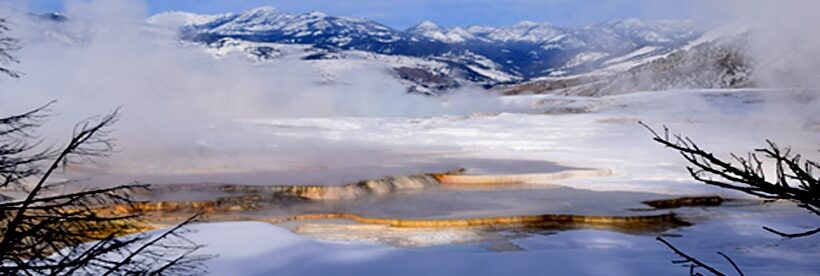The last 250 years of human history have vastly changed out planet. During this time, human activities have greatly transformed geologically significant conditions and processes. The change is so immense that many geologists now refer to our current time as the Anthropocene – a word coined in 2000 by Eugene Stoermer and Paul Crutzen, a Nobel-winning Dutch chemist. The word “Anthropocene” is derived from the Greek anthropos for ‘human’ and Greek kainos, meaning ‘new’ or ‘recent’, and thus it basically means the human-dominated time of recent earth history. Anthropocene is not yet an official geological time scale term. The International Commission on Stratigraphy is now considering recognizing the Anthropocene as a geological epoch and their decision on its inclusion is slated for 2016. In the meantime, ‘Anthropocene’ appears profusely in the geological literature – the publisher Elsevier has even started a new academic journal titled Anthropocene.
A video, Welcome to the Anthropocene, is a good intro into the proposed epoch. It’s part of:
a collaborative project being run by researchers and communicators that aims to improve our ‘collective understanding of the Earth system’. The online project combines high-level scientific data with visualisations to help communicate the global geological and environmental impacts of human behaviour over the last 250 years.
Watch the full video with related content here: http://www.richannel.org/welcome-to-the-anthropocene
